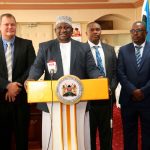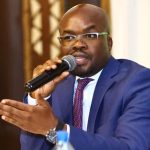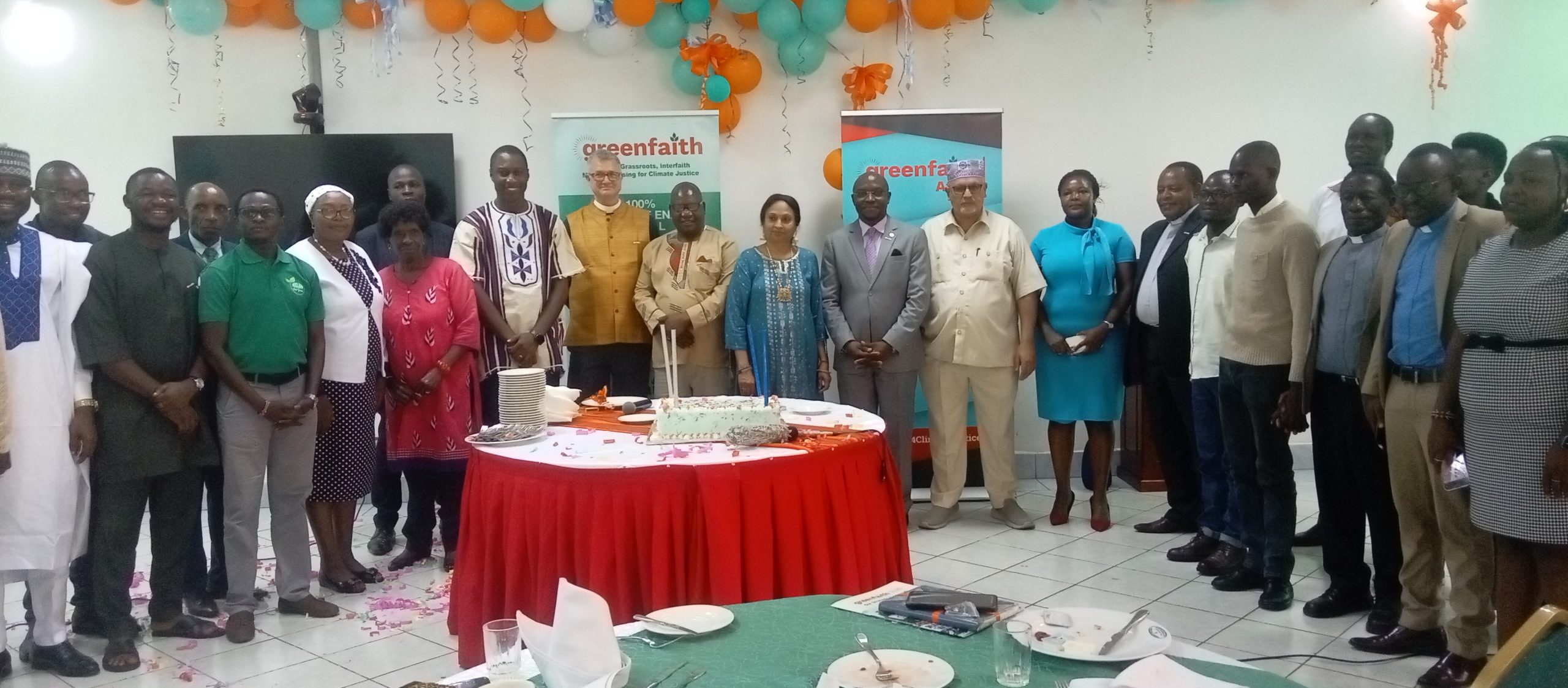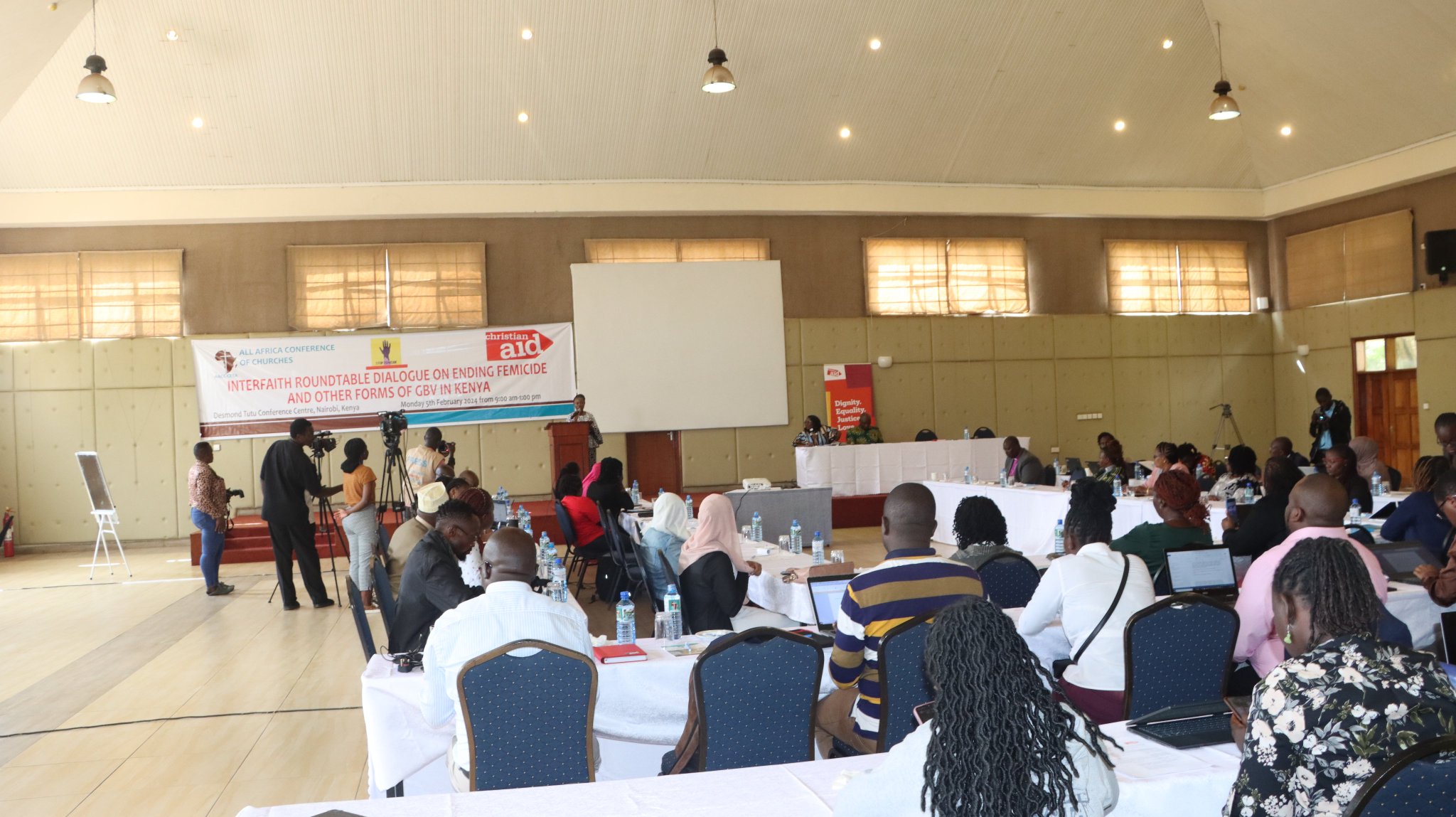Inadequate investment in health and funding for health programmes are some of the major drawbacks to meeting the SDG on health.
In Africa, the WHO 2022 survey found that 47 countries have a ratio of 1.55 health workers (doctors, nurses and midwives) per 1,000 people, below the WHO threshold density of 4.45 health workers per 1,000 people needed to provide essential health services and achieve universal health coverage.
However, ensuring efficient and impactful investment is critical as Africa faces an annual health financing gap of $67 billion.
Health is increasingly recognized as a key aspect of human and economic development in Africa, yet access to quality health care remains a major challenge in Africa.
African health systems suffer from chronic underfunding. As this funding is often fragmented.
Statistics show that 40-60% of total health spending in sub-Saharan Africa is out-of-pocket, leading to major inequities.
With only 30% of people in Africa having access to essential diagnostic tests, Roche Diagnostics is committed to helping close this gap, through focusing on innovation in pharmaceuticals and diagnostics therefore ensuring that they remain in a strong position.
Their consistent ability to successfully bring new products to patients is an official mark of the company, particularly last year when they were able to offset the expected significant decline in the COVID-19 business with new products.
The Roche strategy focuses on driving investments and strategic partnerships across the healthcare ecosystem, working directly with African governments and local agencies within healthcare to support the Universal Health Care (UHC) agenda.
The company plans to expand its diagnostics business footprint in strategic markets across Africa, starting with Kenya.
In an meeting with the executive of Roche Diagnostics when asked if there is any opportunity with the rising technology of AI in changing the way the health sector works.
Bernard Colombo, Head of Roche Diagnostics for the Europe, Middle East, Africa and Latin America Region notes that yes, there are opportunities only if it is looked up at the global solution.
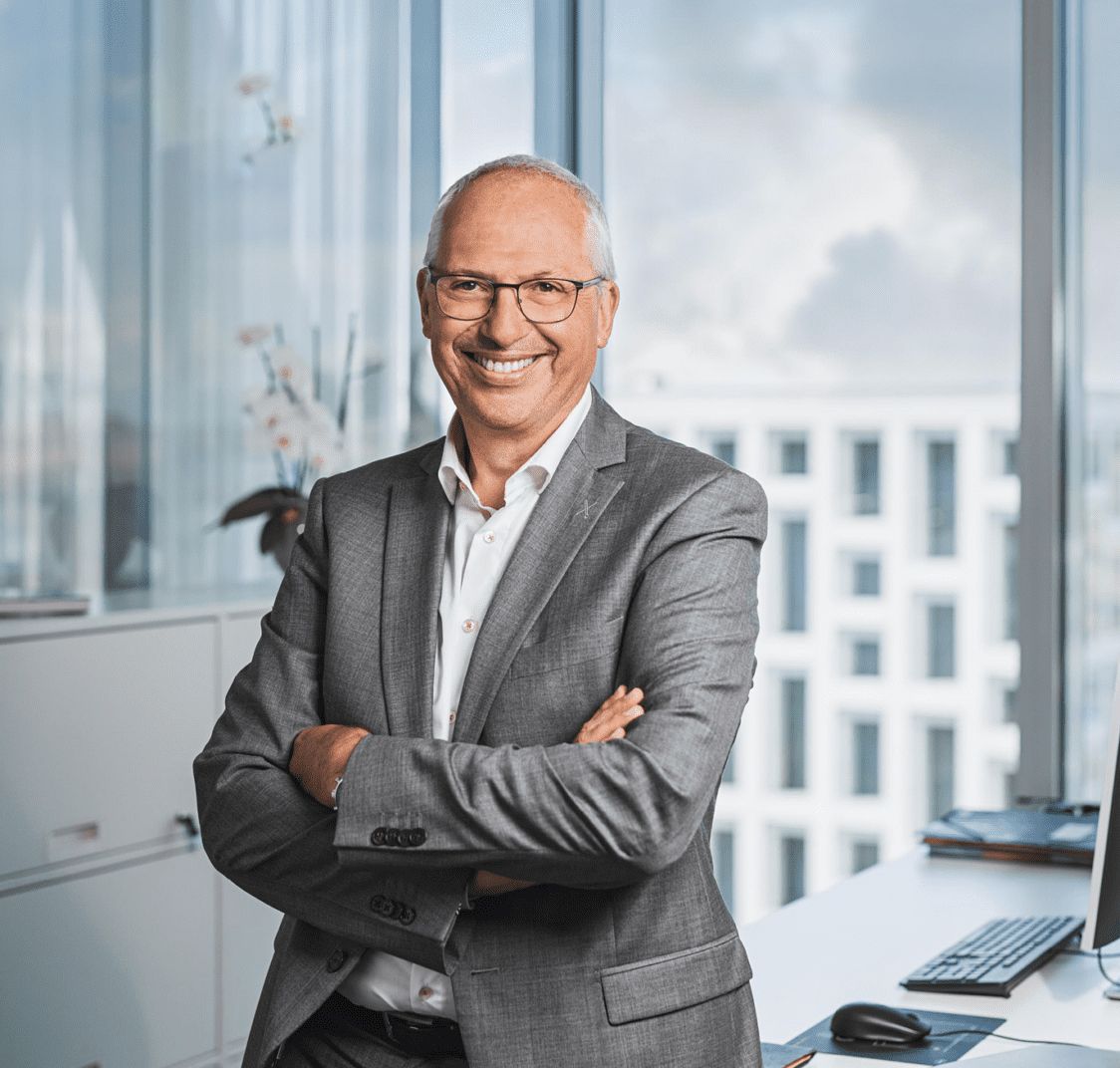
“Taking each of those elements in isolation will never deliver the value that is on the promise of a technology. AI by its own is not worth anything, ” he said.
“In the context of accessing multiple sources of information and different patient data, AI can be used to ensure that patients in remote rural areas are reached for testing and that they receive prompt treatment. With the help of digitalization, AI can guide the patient on what their next steps should be after receiving their test results. Next step is to go and talk to a clinician. We observe something on your result and the clinician being assisted in understanding what type of treatment options are being given. The patient making the commitment to take the treatment and report, is he responding to treatment? Or do we need to consider an alternative treatment?” the Head of Roche Diagnostics noted.
In addition, Dr Allan Pamba, Executive Vice President Diagnostics, Africa at Roche Diagnostics, noted that there are opportunities for Roche in Africa in the future, as it has a fantastic future ahead of it if the organisation builds on the demographic dividend.
“We have 1.4B population, bey young, 20yrs on average, we have to make sure we invest to create a super strong human capital going into the future. The two key areas of investment are health and education in my view, as Roche, we are super delighted to play a role in that dream at least for health space. It is not starting from a good place, it is staring from a place where things are tough for sure, we have a double epidemic of infectious diseases and non-communicable diseases, ” he added.
“On the positive side, we have things like the government putting a focus on universal health coverage, which is fantastic. We have things like the passing of the resolution on diagnostics, which is a good starting point for the conversation. As a stakeholder in this space, you have heard us say that we do not want to grow incrementally in Africa, we want to grow exponentially in Africa. When we talk about 10x, what’s keeping us awake is how do we make sure that these patients who have diabetes get their diagnosis and get the care. How do we make sure that these patients who have cancer are diagnosed early, whether it is cervical cancer, that they get early intervention so that we can build on Africa’s human capital. So we see the opportunity, we see the challenges and we are very resilient in terms of our commitment to play the role and challenge the other stakeholders to play the role towards this vision,” he added.
Also Read: https://switchmedianews.wordpress.com/2024/02/01/roche-partners-with-kilele-health-to-combat-cervical-cancer-in-kenya/



